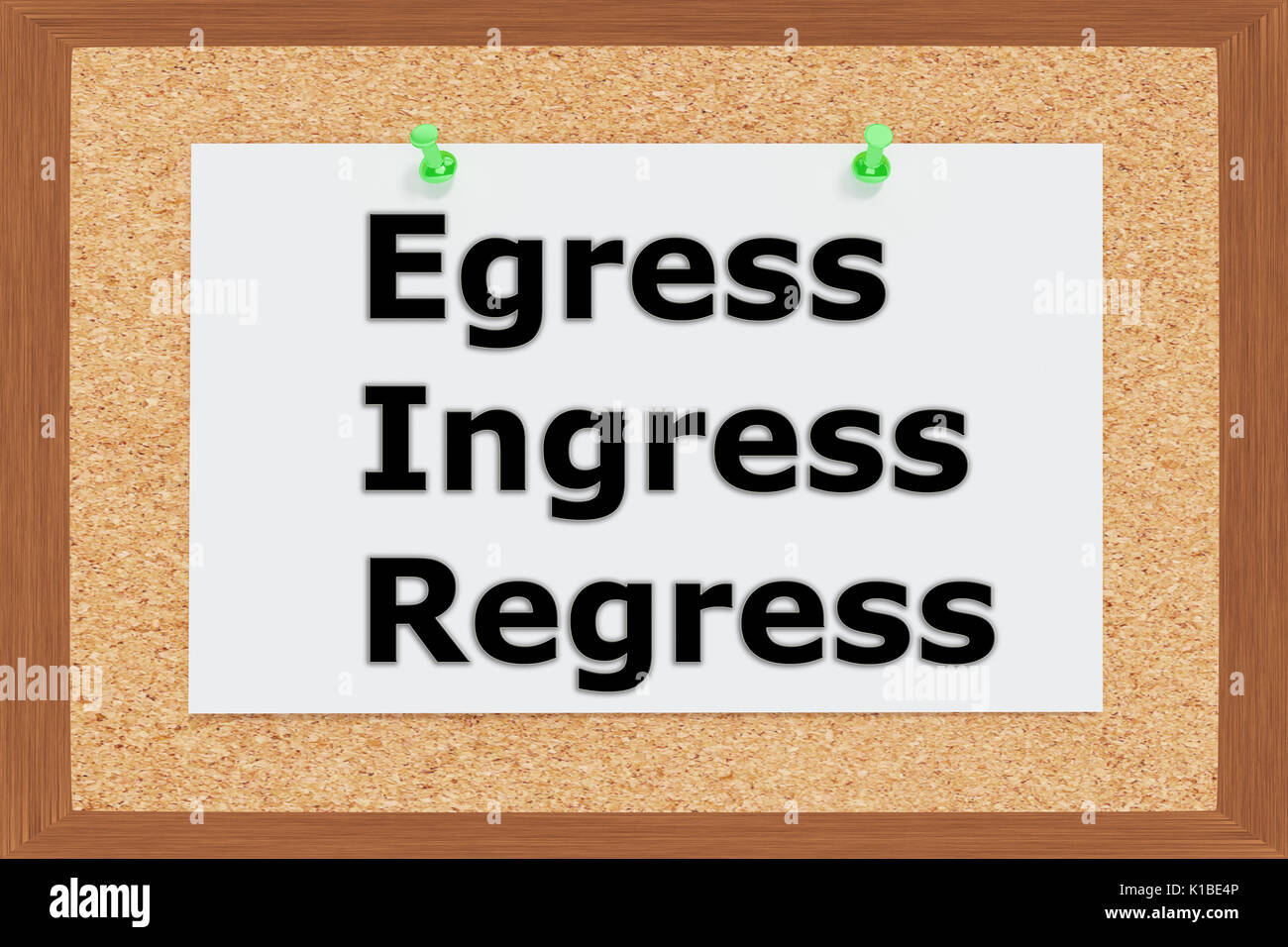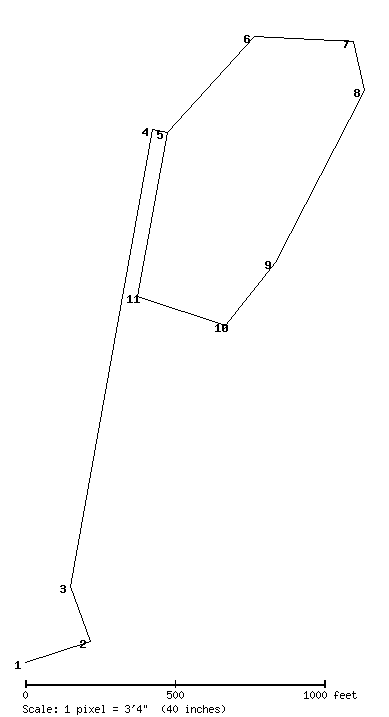
It was not contemplated that plaintiff would be permitted to enter the street at every point along the 205 feet of south frontage.

It was undoubtedly contemplated that plaintiff might own one or more automobiles for use of himself and family, and would require one or more entrances to the street and road abutting his lot on the west and south, respectively, for the car or cars. Plaintiff's lot is residential property and restricted to one residence. In construing the grant of easement, the court will look to the circumstances attending the transaction, the situation of the parties and the object to be obtained. Nothing passes by implication as incident to the grant of easement except what is reasonably necessary to its fair enjoyment. In the instant case, the deed from defendant to plaintiff sets out this right of ingress and egress in express terms, as follows: "The parties of the first part give, grant, and convey unto the parties of the second part a right of way and easement of egress, ingress and regress over and upon that certain road or roads, adjoining the above described lot * * *." The lot purchasers acquire easements of ingress and egress, but are entitled to exercise only such rights thereunder as may be necessary to a reasonable and proper enjoyment of their premises. When land is subdivided into lots and a map is made thereof, showing streets, and lots are sold with reference to such map, the owner of the subdivision thereby dedicates the streets to the use of those who purchase the lots for ingress and egress. If he did not, the plaintiff would be entitled to recover the depreciation in the market value of his lot which was proximately caused by his failure to provide such access. Under the evidence in this case it is for the jury to say whether the defendant constructed Robin Hood Drive so as to afford reasonable ingress, egress, and regress with respect to the plaintiff's lot. Obviously a second street would add nothing to the value of a lot if, when opened, it provided only a jumping off place for children to disport themselves. The fact that plaintiff's property would eventually become a corner lot, with access from two streets, was one of the material inducements of the sale. Prior to the construction of Robin Hood Drive defendant approved house plans for the plaintiff which showed that access to the carport could be had only from that street. At the time plaintiff purchased the property in question a dirt road level with the lot, ran from East Lake Shore Drive along a portion of its south line. Such use in a residential development today necessarily includes access by automobile. It is apparent that the parties contemplated direct, practical, and reasonable access to all parts of the lot from the street whenever it was opened.

The grantor is obligated to refrain from doing, or permitting anything to be done, which results in the impairment of the easement.

One, who by his deed has specifically granted to another an easement of access, may not obstruct the easement in such manner as to prevent or to interfere with its reasonable enjoyment by his grantee. Access from the street was not limited to any particular portion of the lot. By his deed from defendant, plaintiff acquired a specific easement of access in the road adjoining his lot on the south.

Here, however, plaintiff is not relying upon any rights which he might share in common with other property owners in the subdivision or upon any implied right of *140 access as an abutting landowner. 895.īy purchasing a lot within a subdivision with reference to the plat thereof, plaintiff acquired the private right to have each and all of the streets shown on the plat kept open or available for opening as occasion might require. While the State Highway Commission is now maintaining it, the rights and liabilities of the parties are to be determined by their deed and not the rules applicable to a governmental agency when it opens or changes the grade of an existing street or highway. Burney, Wilmington, for defendant appellee.Īt all times pertinent to a decision of this case Robin Hood Drive was not a public road. *139 Poisson, Marshall, Barnhill & Williams, Wilmington, for plaintiff appellant.Īaron Goldberg and John J.


 0 kommentar(er)
0 kommentar(er)
